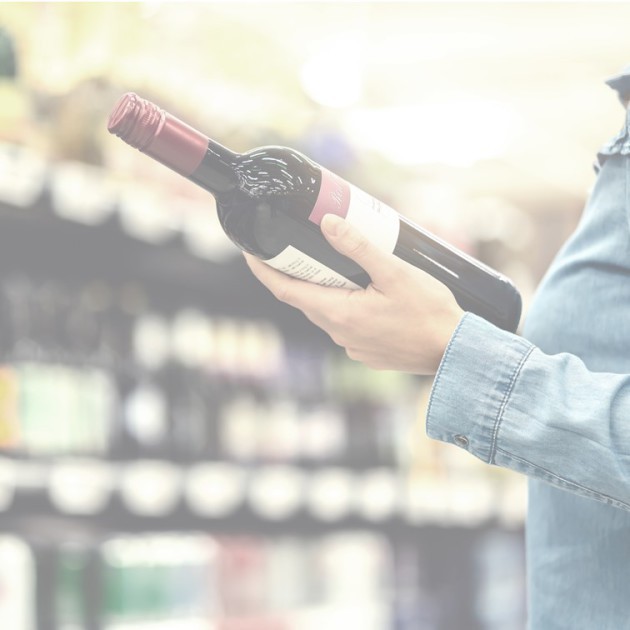
LWF: Wine yet to see accelerated demand for no/low
Wine has yet to see an accelerated demand for the no/low alcohol space unlike spirts and beer, which have both gathered pace in recent years.
This was one key takeaway from yesterday afternoon’s London Wine Fair (LWF) "Routes to Resilience: The impact of Covid-19 on wine trends & the outlook for the industry’ session".
Combining findings from the IWSR Group and Wine Intelligence, the session showed a clear resilience throughout the pandemic for both the no/low beer and spirits categories, while wine continues to lag behind.
“If we look at no/low spirits and beer, the pre-Covid trends for both of these categories was growth, at just above 8%, with the immediate impact of Covid pretty much levelling out,” said Lulie Halstead, CEO, Wine Intelligence [part of IWSR Group], who presented the session.
But, she added, “more importantly it catches onto the resilience for both the no/low spirits and beer sectors".
However, she continued, the picture pattern was slightly different for no/low wine despite global data showing that 40% of regular wine drinkers were actively moderating their alcohol intake.
“So we know there's a demand and we can see there's a strong resilience particularly among no/low spirits and beer, but what does that mean for the potential for no/low wine?
“The demand currently is not as strong for future purchase intent for no/low wine. In our ranking of Sola (Sustainable, Lower, Organic and Alternative wines), no/low sits towards the bottom end in terms of the global wine opportunity index out of the 13 categories that we measure,” said Halstead.
Showing a lack of consumer demand for no/low wine, the global SOLA wine opportunity index showed a decrease across the past two years, while the awareness levels for low alcoholic wine has increased but decreased for non-alcoholic wine.
Moreover, the data showed that ‘consideration’ and ‘affinity’ for the no/low wine category have both decreased too.
“This means consumers are not connecting, demanding or having affinity for no/low wine at the levels they were two years ago," said Halstead.
“An interesting hypothesis about this one is the growth in the no/low spirits and beer categories – are those categories cannibalising or taking the opportunity for no/low wine in consumers mindsets.
“I think this is a real watch out for us in wine. We know how hard it is from a winemaker perspective to produce lower alcohol wine particularly from a flavour profile perspective.
“So if we know from a social work responsibility perspective and from a moderation perspective that moderation and no/low will continue to become important globally, and for the alcohol space in general, how is wine going to play in that space, particularly as the evidence is suggesting you've other categories that are accelerating faster in that space compared with the opportunity for wine."
Halstead also touched on the waining consumer desire for sustainable and alternative wines, despite awareness of the majority of such wine types having increased since 2019, as reported by Harpers.




